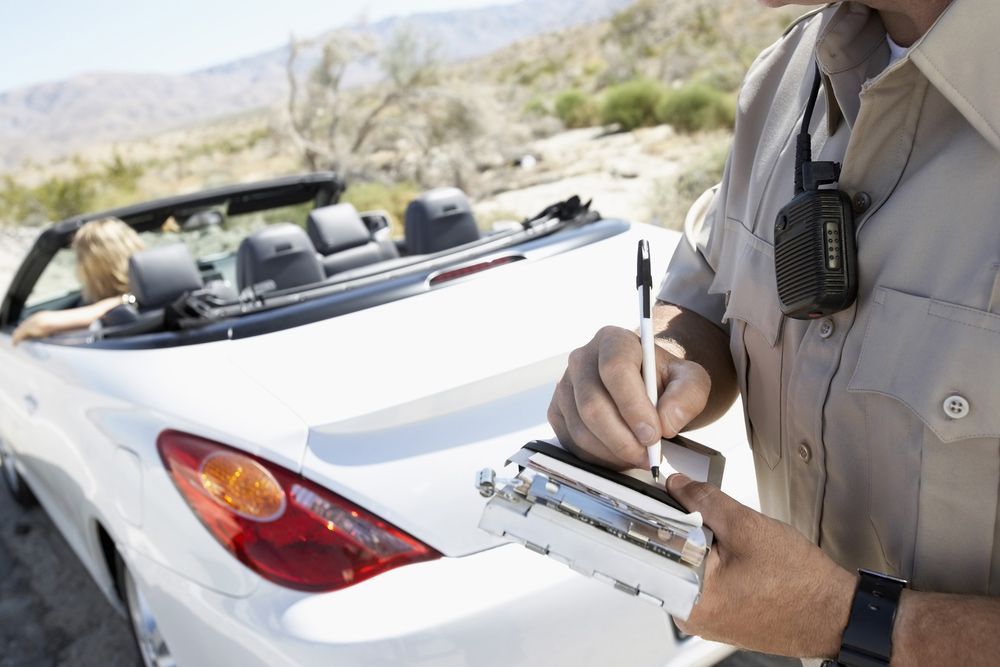Dealing with Deceased Estates – Executor Duties
Dealing with Deceased Estates – Executor Duties
After a person dies someone has to look after the assets of that person and pay the person’s debt. Although the person is no longer here, his or her affairs must be finalised and the person to finalise the affairs is appointed by the Will of the deceased.
Where a person is appointed by a Will, that person is called “an executor”.
An executor is chosen by the person making the will to carry out their wishes in managing their estate, and is responsible for the administration and distribution of assets to beneficiaries according to those wishes. An executor may be a friend, a relative, or a professional.
Most people are unaware of the complexities and time involved in administering an estate and may find the role to be a burden.
What are the legal steps that are taken after someone dies?
The executor of a Will may need to make an application to the Supreme Court for Probate. This is usually done with the help of a lawyer. Probate is a Court order declaring a deceased’s Will valid and that the person named in the Will as the executor can finalise the deceased’s affairs.
It is not always necessary to get a Grant of Probate. The need for a Grant by the Courts has been relaxed over the years, although an application for a Grant is still necessary in many cases.
When do I need to apply for Probate?
The requirement to apply for a Grant of Probate will depend upon the nature of the assets of the estate. To determine whether a Grant is needed, the person appointed executor in the will must contact the organisations with which the deceased held assets to determine the requirements of those organisations for transfer of those assets to the executor or the beneficiaries. This is best done through your lawyer.
Where a dispute does or is likely to arise over the estate, a person appointed as executor would be wise to apply for a Grant of Probate. Where a person does not have the right to deal with an estate, the person can become personally liable to the beneficiaries.
How to apply for Probate
Anyone appointed an executor under a Will must firstly determine the deceased’s assets and debts. Once that is known the executor can then determine how the assets can be transferred to the beneficiaries.
In making an application to the Supreme Court, the executor must:
- advertise the application;
- lodge a formal application with the Court with an affidavit (a sworn statement) containing:
- proof of the advertisement;
- details about the Will;
- certain details about the deceased person; and
- the original Will;
- do a search of the Registry records to indicate a previous Grant has not been made; and
- provide a certified copy of the death certificate.
Paying any debts and distributing the assets
Any debts of the estate must be paid before the estate is distributed. Then the executor distributes the estate in accordance with the will.
After the Grant of Probate from the Supreme Court Registry has been made, evidence of the Grant must be sent to the various places where the deceased’s assets were held (ie. the deceased’s banks or share registries). Those institutions then transfer the assets as directed by the executor or the executor’s lawyer.
Any land in the sole name of the deceased can be transferred to the executor or the beneficiary by lodging the Grant of Probate with the Land Titles Office, together with an application to transfer the land.
Where the deceased owned land in more than one jurisdiction, it may be necessary to apply to the Supreme Court of each jurisdiction for a reseal of the Grant of Probate, before the land can be transferred under the Will.
If you need to know any more about administering an estate please call us on
02 6542 5566 or email
michaelobrien@equilaw.com.au.








